ou hear words like “prodigy,” “gifted,” ”they were born that way.” Are these things real, or can anyone participate in music making? If so, why is it that so many people have a hard time singing in tune, or learning to play an instrument?
I can’t tell you how many people have told me that their spouse, their third grade music teacher, their would-be piano teacher, or some other supposed musical expert, told them they’re tone deaf, or that they’re “just not musical.” It’s understandable that music teachers have inadvertently kept certain kids from enjoying the process of learning, and creating music, given the global lack of understanding in formal music training. It’s long been believed that either you were born with musical genes, or you weren’t.
Now we know better. You’re not “doing a child a favor” by telling them they’ll never be good at music and that they should take up sports instead. People can participate in music making at many levels, and if they start early enough, all children can develop a natural sense of musicality.
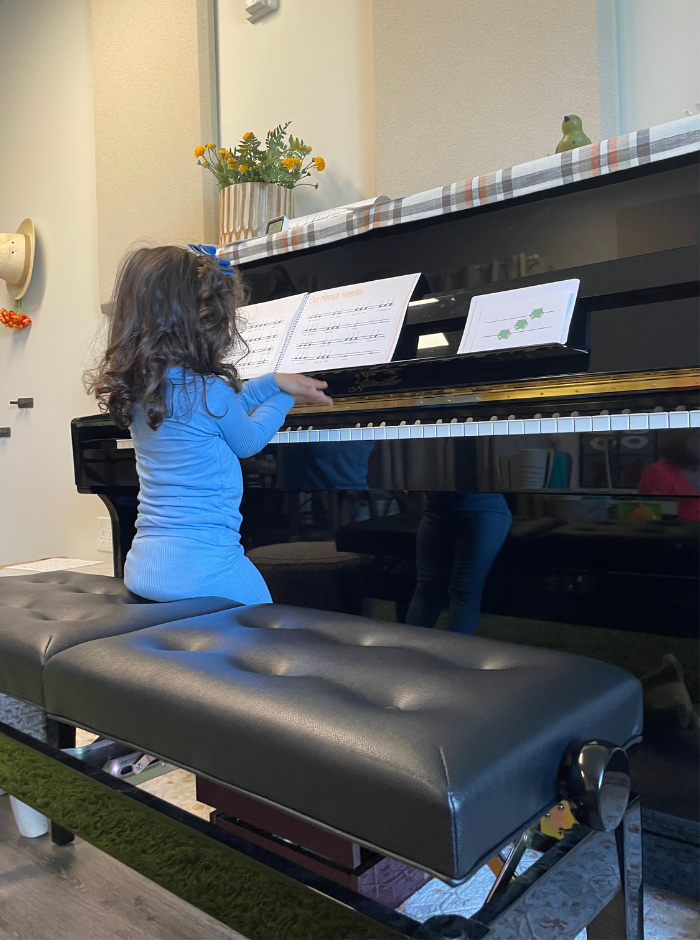
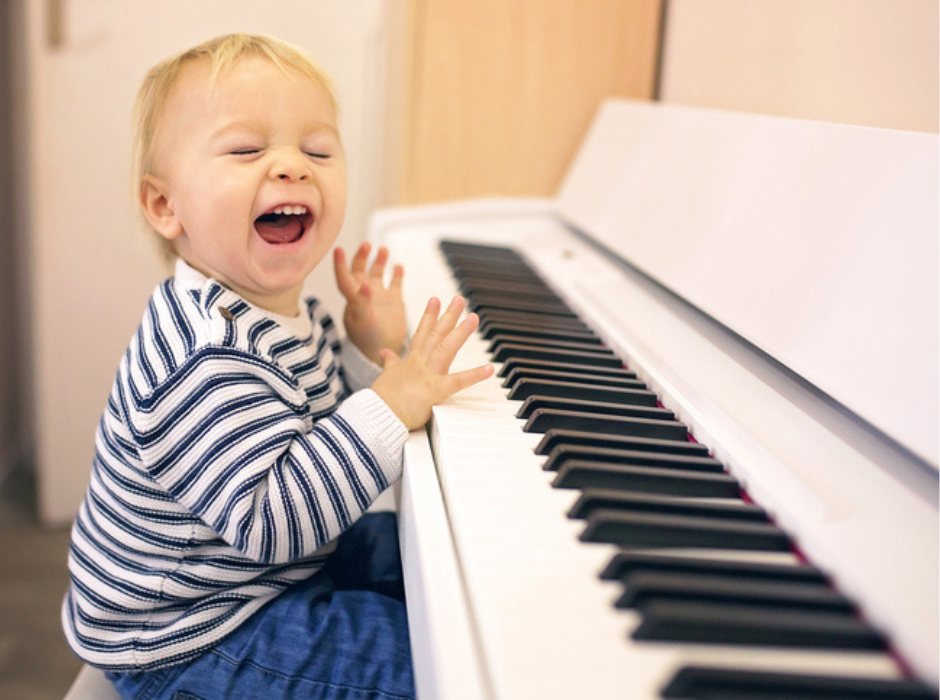
There has been some pretty important research showing that rather than music being an innate ability in only a select segment of the population, the ability to create and enjoy music making is actually available to everyone.
It’s not necessary that a person has perfect pitch in order to be a successful musician. While the list of great musicians who have or had it is pretty long, the list of great musicians without this trait is much longer. The real point is that what was long believed to be an inherent gift in a select few, has been discovered to be teachable to everyone, especially to very young children.
Japanese master pedagogue, IKazuko Eguchi developed a method to teach absolute pitch to children under the age of six. There was a study done using his method where 24 little kids were ALL taught to have perfect pitch. To date, over 20,000 children have been trained using this method, to have this skill.
At Little Bird Piano Academy®, while I don’t advocate for teaching all children to have perfect pitch, I am seeing some pretty significant things happen with kids who came to me in families with no former musical training. What most music teachers see as an “either you have it or you don’t” kind of scenario, I’m finding that literally everyone “has it.” Humans are all born with musical genes.
Every one of my students who continues in this program eventually learns to play by ear – by listening to music and then playing it on the piano without sheet music, and without anyone showing them which keys to press. The earlier they start, the easier it becomes over time.
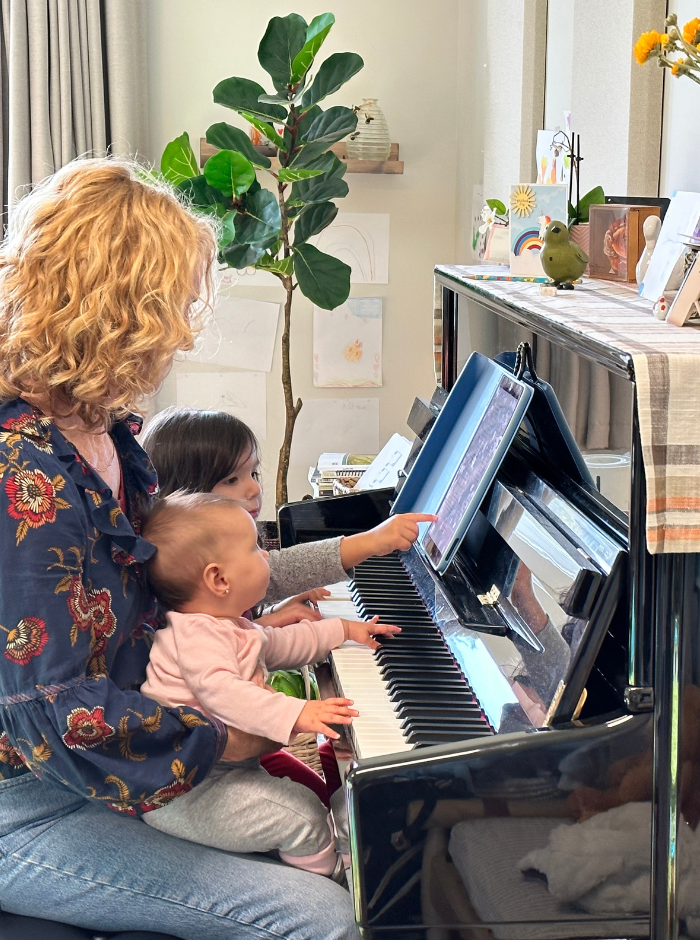
The ability to play music by just listening and then playing what you hear is one of the many skills people used to think was a genius characteristic that was only meant for a select few. Like perfect pitch, and so many other skills, playing by ear can be taught. Turns out it is genetic – music runs in the human family!
In next week’s post I’ll talk about why all kids should be offered these skills.


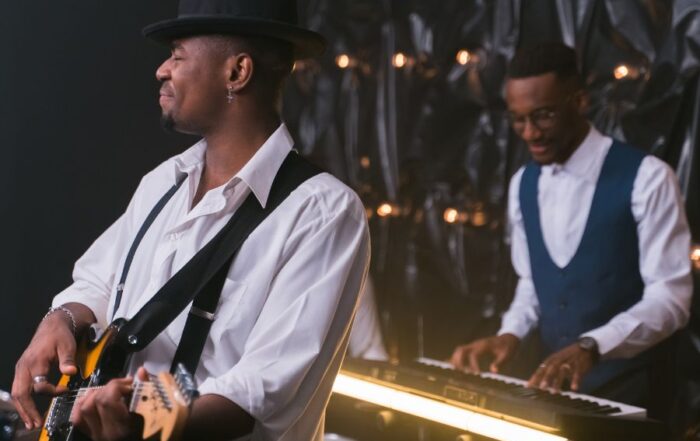


Leave A Comment